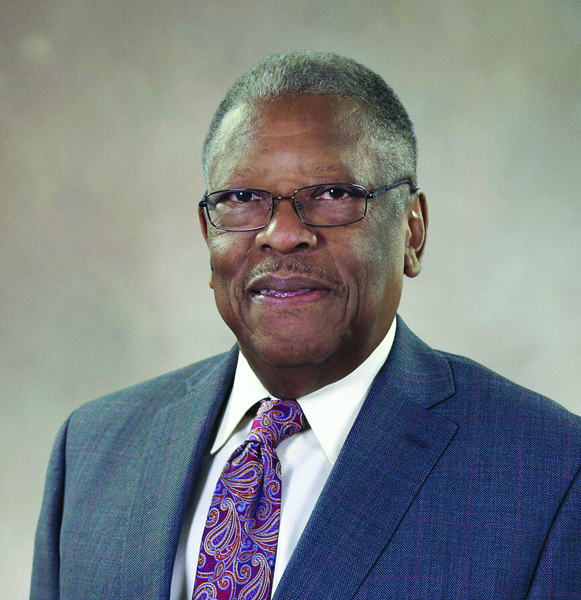By Jack Criss
Mississippi U.S. Senators Roger Wicker and Cindy Hyde-Smith recently announced a $71.46 million Infrastructure for Rebuilding America (INFRA) grant for the Mississippi Department of Transportation (MDOT) to construct the Greenville Bypass Freight Corridor, which will steer U.S. Highway 82 from the Greenville Bridge 15.6 miles to Leland. President Donald Trump also tweeted the news on his account on June 18, writing “So important for economic growth in the area and reducing travel ties through Western Mississippi on U.S. 82!”
President Trump took his infrastructure plans to the nation on that day, posting a series of social media messages touting nearly $1 billion to be allocated to states for improvements, this despite the reluctance of many Senate Republicans to approve the larger $1 trillion plan the President had originally wanted to boost America’s roads, bridges and other infrastructure.
President Trump also posted a series of messages on the June 19 Tweet revealing proposed plans to divide funding among 20 states, including Louisiana, Texas, Colorado, Nevada and here in Mississippi for the Greenville project.
“Securing federal funds to complete this project is a big win for the people of the Mississippi Delta as it will have a significant impact on communities along the U.S. 82 corridor,” says Commissioner Willie Simmons, Central Transportation District, in a statement released by MDOT. “Completion of this bypass not only promotes regional economic development and growth by sustaining and creating jobs, but also keeps our roads safer in and around the City of Greenville. This is significant for the entire Delta. We’ll be able to pull all of that current traffic, that includes some hazardous chemicals being hauled through residential areas, away from those communities and put them on the bypass. We will also see economic growth, new development and businesses coming into the area where the interchange will be located crossing Hwy.1. That’s where the IHL center is located and, of course, the close proximity and access to the Mississippi River is also a huge plus. That single interchange will, in addition, act as a more accessible gateway to all of the many festivals and events we have in Greenville and in the Delta—the results will be felt. I also expect more industry to come into the area. With all of the ports located nearby, the rail transportation that goes towards the port and our completed four-lane highway which goes straight into Alabama—these factors all puts our region in a great position. I’m personally very excited about it, not only for the economic growth but also the public safety aspect.”
The safe and efficient movement of goods and people is MDOT’s top priority according to a press release sent out by the Department. Statistics from the U.S. Department of Transportation (USDOT), indicate that 46 percent of all roadway fatalities occur on rural roads such as are prevalent in the Delta. The fatality rate on rural roads is 2.1 times higher than on urban roads.
The project will continue previous efforts by MDOT to connect 6.2 miles of roadway from the Mississippi River Bridge to the future interchange with State Route 1, completing construction on the segment by extending the bypass another 9.4 miles east.
“The Greenville Bypass Freight Corridor Improvement Project is an example of the work MDOT can do when funding is appropriated—they stepped up to the plate,” added Simmons. “I have to thank our partners Sen. Wicker, Sen. Hyde-Smith, Congressman Thompson, Greenville Mayor Simmons, the Federal Highway Administration, former Governors Haley Barbour and Phil Bryant, current Governor Tate Reeves and many others whose support made this project possible. The total cost of the project will end up probably costing in the neighborhood of around $130 to 140 million, so we will be working at the state level to obtain the additional funds over and above the federal grant we received.”
The grant ties into the Rural Opportunities to Use Transportation for Economic Success (ROUTES) initiative, which addresses disparities in rural transportation infrastructure to improve safety and economic competitiveness throughout the country, Simmons said.
“We look forward to continuing to work with our various partners to fund infrastructure improvement projects that make our roads safer here in the Delta while growing the state’s economy,” Simmons concluded.



